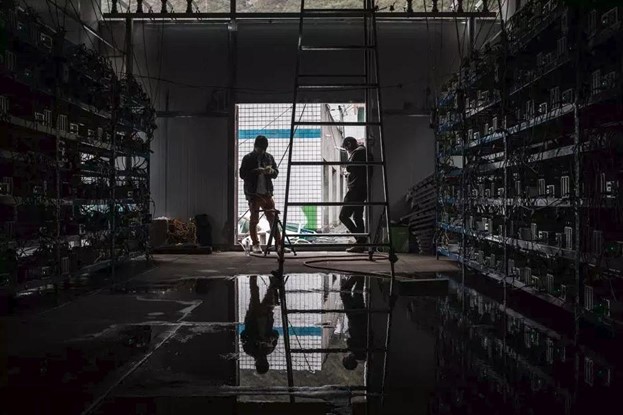Based at the IT University of Copenhagen, the section of Technologies in Practice conducts qualitative studies of technologically mediated practices in organisations and everyday life.
The vast majority of societal challenges demand critical engagement with contemporary technologies.
Our interdisciplinary environment provides students and researchers with the resources necessary for analysing entanglements of the social and technical with and through IT.
News
CSCW 2015 Lasting impact award
Wanda Orlikowski (MIT) is the winner of the CSCW 2015 Lasting Impact award for her 1992 CSCW paper “Learning from Notes: organizational issues in groupware implementation”. The paper is a classic in CSCW research, and will be celebrated with a dedicated panel at the CSCW2015 in Vancouver, Canada. Following Wanda Orlikowski’s retrospective presentation of the […]
Bringing research to Project Managers
“Does distance still matter – reflections for project managers” was the title of the talk done by Pernille Bjørn (Head of TiP) in the InnovationLab network for project managers on January 7th 2015. The talk presented theoretical frameworks of collaboration across distance, and how this have changed over the last decade. In particular, there were […]
 TiP on Mastodon
TiP on Mastodon
- UntitledSuper proud of TiP member Irina Papazu for winning the Freeman Award, with co-editor Andreas Birkbak for the book "Democratic Situations". The prize will be awarded at the #EASST4S24 conference - for mroe see here https://tip.itu.dk/2024/07/04/democratic-situations-wins-the-freeman-award/
- UntitledWondering what to go and see at 4S/EASST this year? Take a look at the TiP Panels and presentations - quick summary here. https://tip.itu.dk/2024/07/04/4s-easst-making-and-doing-transformations/ #EASST4S24
Research
We are an interdisciplinary group, with a shared interest in qualitative studies of technologically mediated practices. Our work is funded by the Danish Research Council, European Union's Horizon 2020 program, Carlsberg Foundation, Innovation Foundation, Novo Nordisk and the Velux Foundation.
Teaching
We closely integrate our role as educators with our work as a research group. Our international faculty use insights from around the world in their teaching. Our teaching draws on disciplinary backgrounds such as information studies, history, anthropology, sociology, and critical computer science. We aim to help students address the critical questions arising at the intersection of society and technology.





